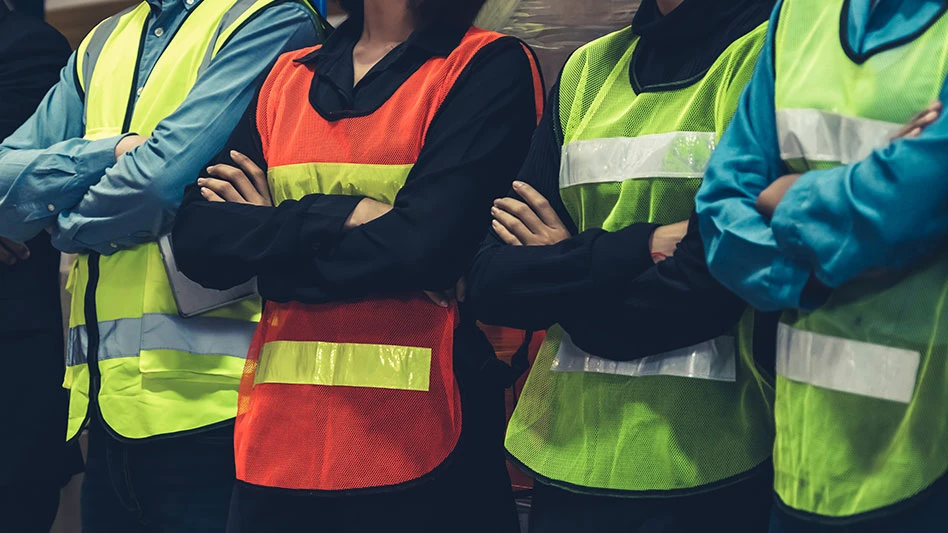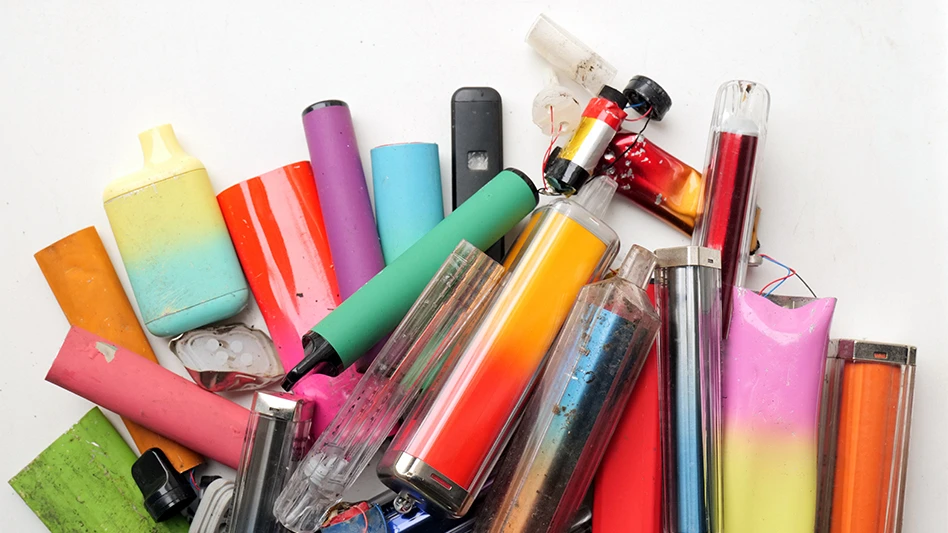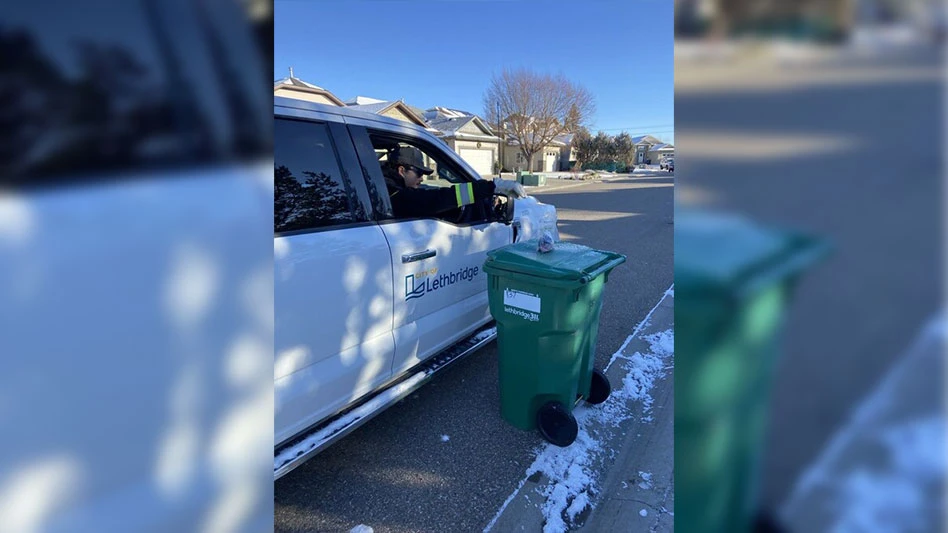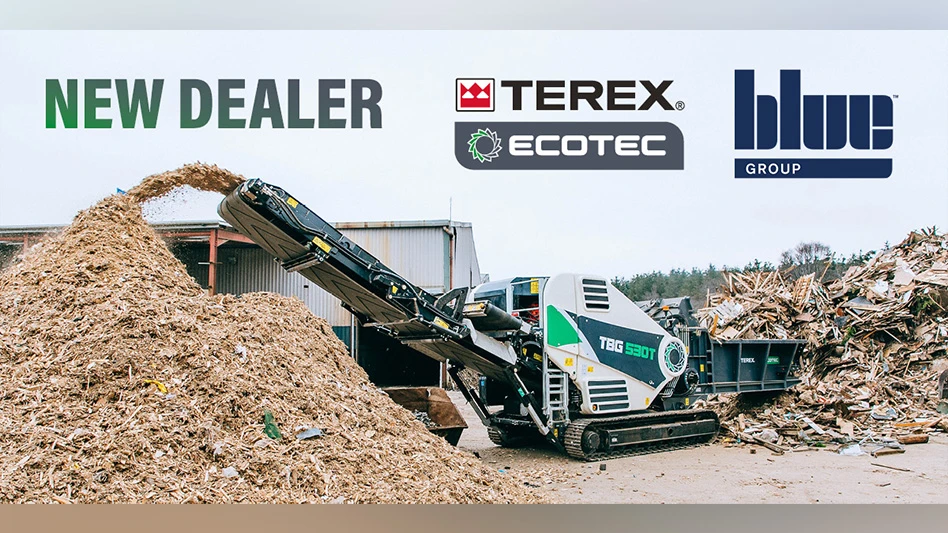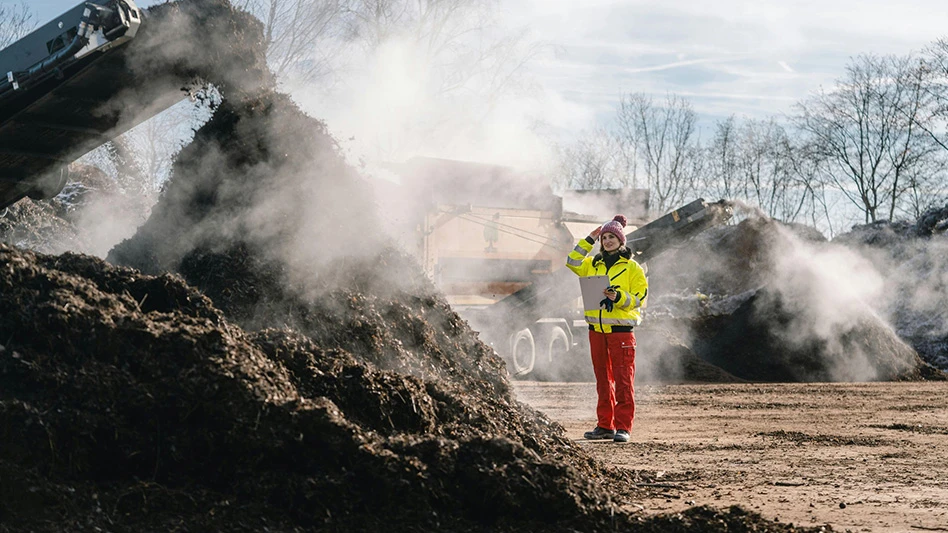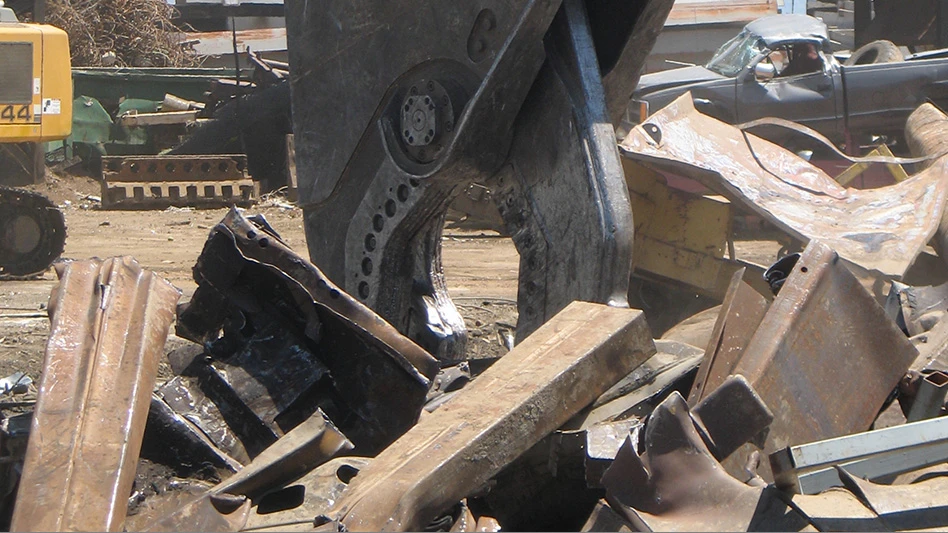
Photo courtesy of Doğa Holding
Doğa PET, a new recycling venture by Doğa Holding, has partnered with Germany-based Tomra Recycling to use its sensor-based sorting solutions to produce polyethylene terephthalate (PET) flakes and recycled PET (rPET) granules that are suitable for food and textile applications.
According to Doğa Holding, Doğa PET’s plant, located in northwestern Turkey, processes more than 4,200 metric tons of PET bottles monthly, producing 1,000 metric tons per month of PET flakes and 2,000 metric tons per month of rPET pellets. The facility incorporates Tomra’s full range of machines for plastics sorting: four of the company’s Autosorts, as well as two Innosort Flake and two Autosort Flake units for advanced flake sorting and purification.
Depending on Doğa PET’s customer requirements, the PET flakes are used for PET sheet production, while the rPET pellets mainly are aimed at bottle-to-bottle recycling and high-quality textile applications.
Selçuk Gökhan Gerlikhan, general manager of Doğa PET, says, “PET recycling has gained significant momentum in recent years. Instead of recycling PET waste into lower-value materials, it is crucial to use advanced technological infrastructure to recover it and produce materials with properties closely resembling those of virgin raw materials. Tomra has been an invaluable partner since the start of this project. Tomra’s solutions are widely recognized as industry benchmarks by our customers, so we plan to invest in additional sorters as we develop our lines.”
Commenting on the speed at which the plant achieved the targeted purity levels in its initial operations, Gerlikhan says, "We separate purity levels into two categories: polymer and color. Our target for polymer purity was 99.998 percent for the final product, and we achieved this. For color, our goal was to reach a purity level of 99 percent transparent PET in the final product. This includes reducing other colors, such as light blue PET, to below 1 percent. We have already exceeded expectations by achieving color variations below 0.5 percent."
While producing clear flakes, Doğa PET aims to minimize the loss of light blue PET material and, when necessary, separates the light blue material from the clear. The blue bottles, which are ejected when processing clear PET, can be a valuable resource for other applications.
Serkan Orhan, sales manager for Tomra Recycling Sorting in Turkey and the Middle East, explains the full process: "The plant’s production line features four Autosort units which presort the PET bottles. The first three sort by material and color before sending them to the subsequent crushing and washing line. The fourth Autosort unit resorts the rejected products from the first three units, sending recoverable materials back to the first Autosort to improve efficiency and material recovery.
“After presorting, the material is crushed, washed and dried before being sorted by target colors using the Innosort Flake, Tomra’s highly flexible color and polymer flake sorting machine. Finally, the flakes are sent to the Autosort Flake unit, a specialist solution for high-end flake sorting applications such as food-grade bottle-to-bottle recycling. At this sorting stage, the targeted high purity is achieved thanks to the reliable separation of color, polymer and metal contaminants, virtually eliminating all traces of PVC [polyvinyl chloride], PC [polycarbonate], PS [polystyrene] and other unwanted polymers.”
Doğa PET is required to prove that less than 5 percent of the input material for its washing process consists of nonfood grade PET to produce food-grade pellets. To meet this requirement and enhance material recovery across its sorting lines, the company has invested in a state-of-the-art material analyzer powered by PolyPerception, a solution that uses cameras for real-time material analysis and classification at key points in the sorting plant. At Doğa PET’s plant, the analyzer is positioned before the last of four Autosort units. According to Doğa Holdings, it continuously monitors and analyzes the quantity of nonfood grade PET bottles destined for the washing line.
By providing data per batch or shift, the analyzer enables Doğa PET to certify the food-grade quality of material from each specific production period, offering reassurance to both its customers and relevant certification bodies.
While Doğa PET invests in high-quality food-grade rPET granules for bottle-to-bottle recycling, the company also applies the same approach to supplying raw materials for the textile industry.
"The filament sector in textiles demands very high purity levels and color stability," Gerlikhan says. "The durability, aesthetics and functionality of the final fiber product depend heavily on the proper management of the PET recycling process when producing high-quality rPET granules.
“Accurate sorting is critical for increasing rPET granule purity. For us, using Tomra's state-of-the-art sorting systems is crucial as they ensure efficient and fast recycling processes."
Tomra’s Orhan says, “We are delighted to have been by Doğa's side from the very beginning on this project, consulting on the feasibility study. Achieving the desired capacity and quality levels in such a short period of time with such vast inputs has been a great achievement which demonstrates how advanced sorting technology contributes to achieving virgin-like material qualities."
Latest from Recycling Today
- Phoenix Technologies closes Ohio rPET facility
- EPA selects 2 governments in Pennsylvania to receive recycling, waste grants
- NWRA Florida Chapter announces 2025 Legislative Champion Awards
- Goldman Sachs Research: Copper prices to decline in 2026
- Tomra opens London RVM showroom
- Ball Corp. makes European investment
- Harbor Logistics adds business development executive
- Emerald Packaging replaces more than 1M pounds of virgin plastic
